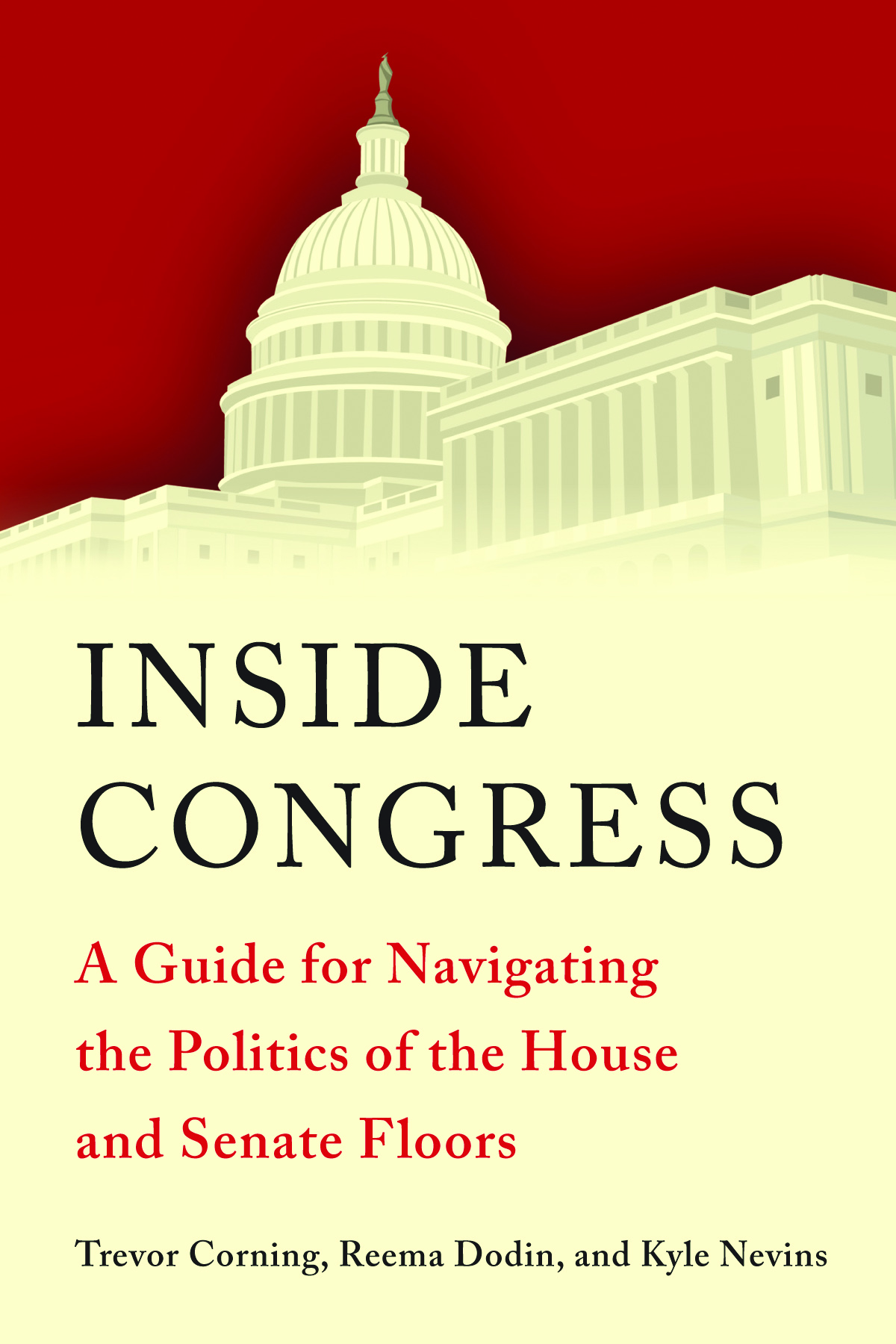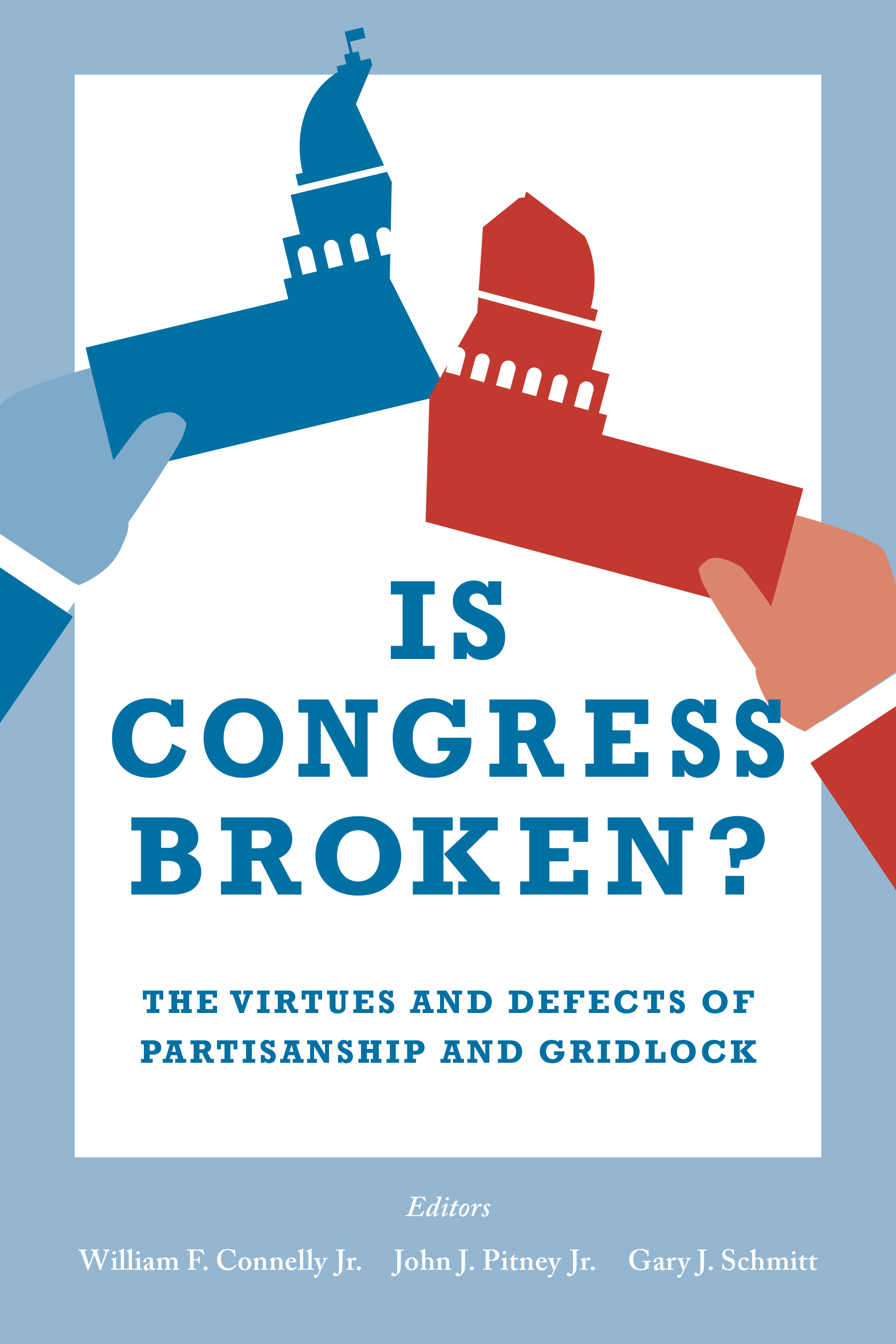On the campaign trail two weeks ago, Texas Gov. George W. Bush (R) proposed a set of reforms to reduce partisan turmoil on Capitol Hill.
His package focused mainly on federal budget reforms already defeated by the House this year. Bush also recommended that the Senate take no more than 60 days to act on the next president’s executive and judicial branch appointees.
Bush is right that the judicial confirmation process is sorely in need of repair. The Senate took nearly six months to confirm the typical Clinton nominee for the federal bench last Congress, the longest average wait for judicial appointees reaching back to the 1940s.
The Senate logjam is typically broken only when the two parties have hostages to swap, as they did last month when the Democrats gave up Bradley Smith (favored by Republicans for a slot on the Federal Election Commission) for 16 of President Clinton’s judicial appointees. Today, 37 judicial nominees remain piled up before the Judiciary Committee.
Pundits blame the crisis on partisan pique between the President and Republican Senators, shielded by the November elections. But the confirmation mess has tangled institutional and partisan roots, unlikely to be alleviated by the November elections or by exhorting the Senate to do better.
The usual culprit for Senate foot-dragging is opposite party control of the House and the Senate. Judgeships are lifetime appointments, so Senators scrutinize nominees more closely and are less likely to confirm them when the opposing party controls the Senate.
The impact of divided government was felt even before the polarized 1990s. Every president since Harry S Truman who has faced a Senate controlled by the opposite party has seen his nominees face a higher hurdle than when his party controlled the Senate.
The looming presidential election contributes to the stall. For the past half-century, judicial nominations submitted to the Senate during a presidential election year have been 20 percent less likely to be confirmed. Prospects dim even further if a presidential election takes place during divided government, as it does this year.
Republicans prefer to keep the federal bench understaffed, gambling that their party will recapture the White House in November. No wonder Bush wants the Senate to speed up consideration of the next president’s nominees.
One of the hardest hit courts is the 6th Circuit Court of Appeals, straddling populous Midwestern states such as Michigan and Ohio. A quarter of the bench is vacant, including one seat declared a judicial emergency after sitting empty for five years.
Republican foot-dragging might be justified if the GOP targeted circuits with a solidly liberal bench. Keeping such seats vacant for a Republican president might provide ideological balance to a lopsided court. Republicans often justify foot-dragging on these grounds, but a closer look at the 6th Circuit suggests a different motivation.
Most circuits are tipped in one partisan direction or another, with a cohort of solidly Republican or Democratic judges. But for the past few years, the 6th Circuit has been precariously balanced between the parties. Today, just over half the bench is filled by judges appointed by Democrats.
Republican foot-dragging on the 6th Circuit is likely motivated by the strategic importance of the circuit. Confirming Clinton’s nominees would squander the opportunity for a Republican president to move a balanced court into the conservative camp. Similar motivations likely help account for the high vacancy rate on the 4th Circuit, also closely balanced between the parties.
Republicans are not solely to blame. Balanced circuits perennially attract more scrutiny from Senators, especially during divided government. The president also shoulders blame. Just under 10 percent of the federal judiciary is vacant, and the president has submitted nominations for under half the 69 vacancies. The Senate cannot remedy the judicial crunch if the president fails to nominate in a timely manner.
The costs of filling vacancies this way are steep. Too few judges and too much work erode the quality of justice. Dueling hostage holds make a mockery of the Senate’s constitutional responsibility to provide advice and consent.
And public service is diminished, as appointees put their lives on hold for months or years. The Senate is not obligated to confirm every appointee, but nominees surely deserve an up-or-down vote.
One remedy is to “fast-track” judicial nominees. Just as the Senate uses fast-track to shield important trade and budget measures from procedural quagmires, the Senate should fast-track nominees to guarantee them a vote. More nominees might be rejected, but the Senate could no longer ignore the president’s appointees, some of whom now wait several years before learning their fate.
Fast-track surely has costs. Lifetime appointments merit more, not less, deliberation. Fast-track also imposes a trade-off between the Senate’s reputation and protection of minority rights. Still, fast-track could be structured to ensure adequate time for vetting and debating nominees.
Guaranteeing nominees a vote would help to make judicial service more attractive, relieve an overburdened judiciary and resolve the Senate morass.
The Senate should not wait until next year to change its rules. This President’s nominees surely deserve the swift consideration that candidate Bush proposes for his own.
Sarah Binder is an assistant professor of political science at George Washington University and a fellow at the Brookings Institution. Forrest Maltzman is an associate professor of political science at George Washington University.







